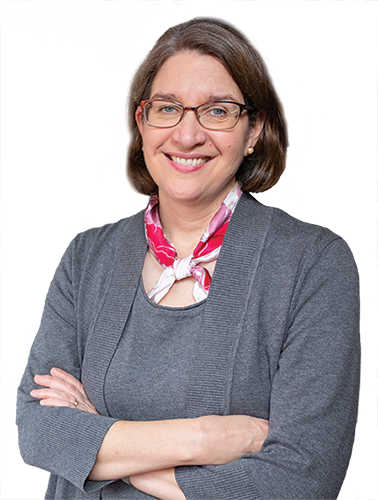Renewable energy offers promise for cleaner, cheaper electricity, but the variability in its production levels introduces new levels of uncertainly into the electric power system. Sarah Ryan, Joseph Walkup Professor in Industrial and Manufacturing Systems Engineering, is developing new stochastic optimization techniques to help electric system operators effectively plan for deeper integration of renewables.
More renewables, more uncertainty
Introducing wind and solar generation into electrical grids also introduces a new level of day-to- day uncertainty about tomorrow’s weather and energy generation.
“When the amount of electricity generated by renewables was small, it was good enough to merely do conventional capacity scheduling and build in a small margin in case the wind wasn’t blowing or the sun didn’t shine,” said Ryan. “But as the amount of renewables in the electric system grows, so does the necessity for data-driven optimization that accounts for forecast uncertainty.”
Ryan is developing new models that consider a number of different energy-generation scenarios and optimizations based on the level of uncertainty.
“We classify historical weather data and see patterns in different sets of historical days that have different levels of uncertainty associated with them,” said Ryan. “One major challenge is figuring out the ideal number of scenarios to consider in a model to ensure accuracy while finding a solution fast enough for use by utility operators on a day-to-day basis.”
Long-term planning
Long-term electric generation and transmission capacity planning contends with significant uncertainties in changing fuel sources, costs and policy, in addition to new uncertainty associated with renewables.
Ryan is using improvements in both computing power and software tools to optimize long-term planning for the integration of electrical systems with other forms of energy. She recently examined the risk associated with electric power systems becoming increasingly dependent on natural gas fuel sources, and how that risk relates to the expanded use of renewable energy sources.
Ryan is using improvements in both computing power and software tools to optimize long-term planning for the integration of electrical systems with other forms of energy. She recently examined the risk associated with electric power systems becoming increasingly dependent on natural gas fuel sources, and how that risk relates to the expanded use of renewable energy sources.
